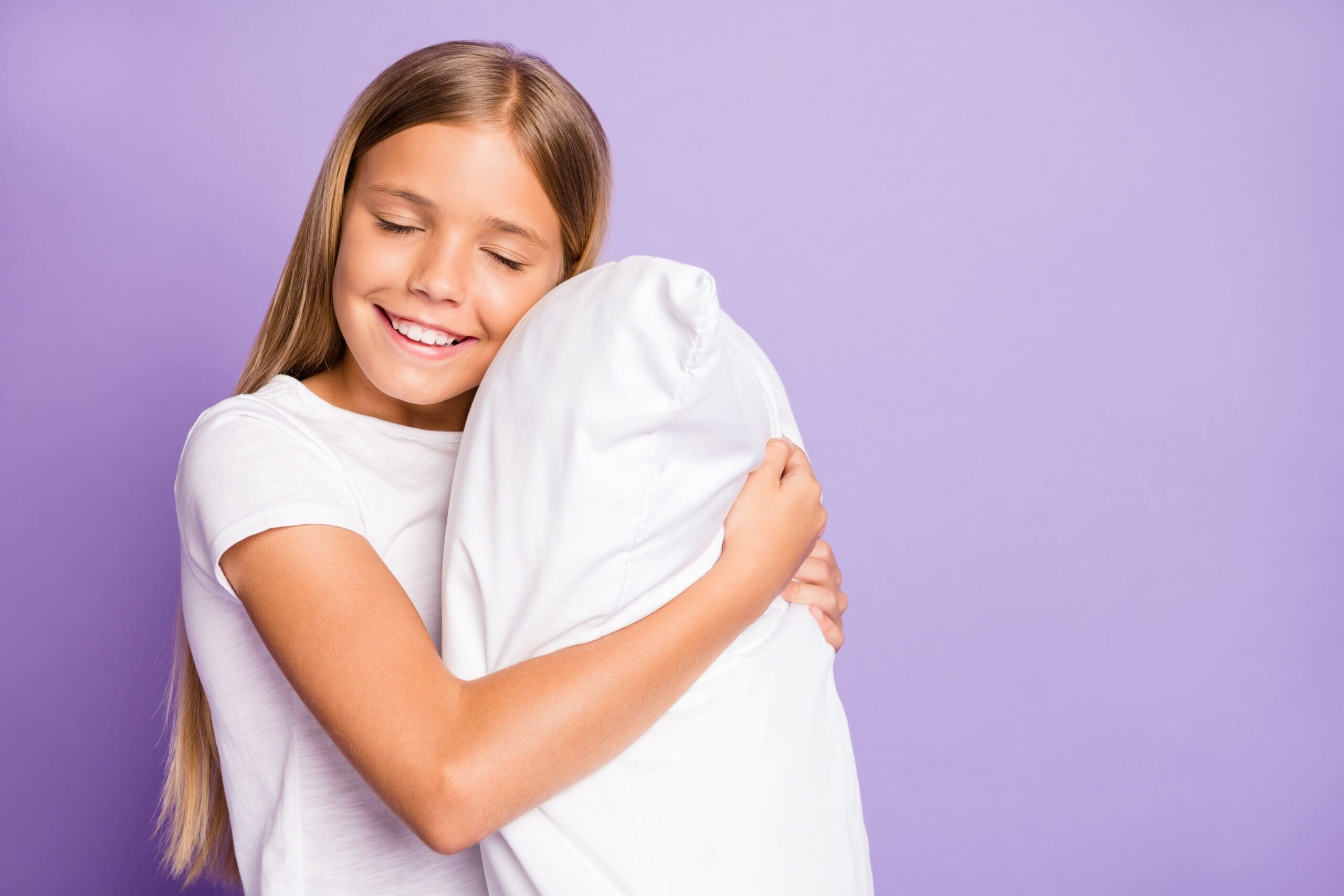Melatonin use among children in the Netherlands was higher than expected, when the safety of the supplement is mostly unknown.
Melatonin is a hormone naturally produced in the pineal gland of the brain which helps regulate our sleep cycle. Contrary to popular belief, it’s not a ‘sleep’ hormone, in the sense that it won’t help you stay asleep.
It’s better to think of it as a ‘darkness’ hormone which signals to the body when it’s time to sleep. Melatonin can be purchased in many countries as an over-the-counter supplement that is marketed as a sleep aid.
There is some evidence melatonin is helpful in overcoming the effects of jetlag, though it’s tricky to work out exactly when you should take it. Melatonin – anecdotally – is used by parents to help their children get to sleep – but we don’t understand how often it’s used and know even less about the effect it might have on young kids.
In this study from the Netherlands, parents gave researchers information on whether their children had sleep problems and were taking sleep medication, including melatonin.
Using a wristwatch device, the researchers also measured the children’s total sleep time and how long it took them to get to sleep. There were more than 800 children in the study.
The researchers found that a significant number of the children had taken melatonin in the six months before the study – about 50, or six per cent of them. Melatonin use was more common where parents had reported sleep problems in their children.
Implications
The prevalence of melatonin use among these children was much higher than had previously been estimated. Because it was a cross-sectional study – a snapshot of a particular point in time- it’s impossible to say whether the sleep troubles drove the melatonin use, or if it was the other way around.

